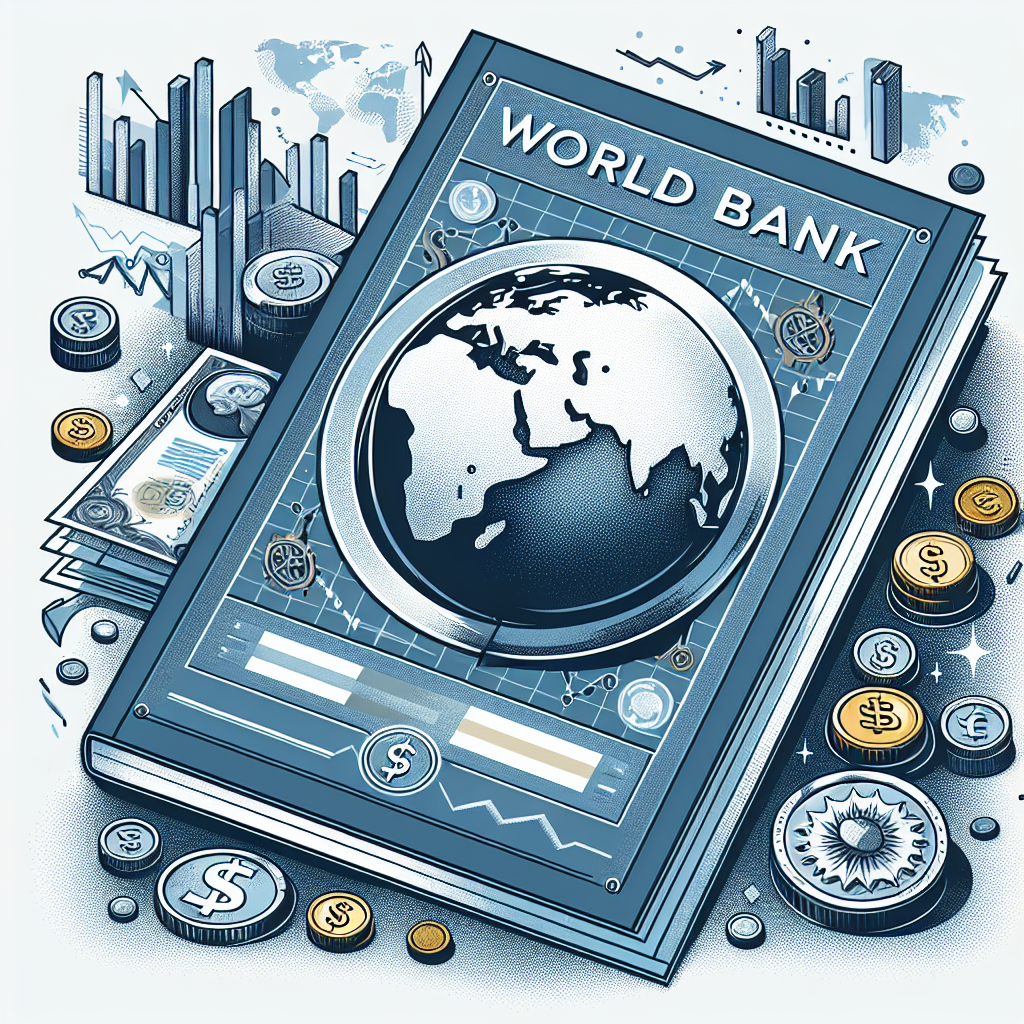Western Balkans Economic Growth Projected to Accelerate, Driven by Consumption and Investment
"Economic integration is a key driver of growth for small economies such as those in the Western Balkans," stated Xiaoqing Yu, World Bank Country Director for the region.

The World Bank's latest Regular Economic Report highlights a positive economic outlook for the Western Balkans, with growth expected to reach 3.7% by 2025, supported by rising consumption and investment.
Economic growth in the Western Balkans is set to moderately accelerate through 2025, primarily fueled by increased consumption and investment, according to the latest Western Balkans Regular Economic Report released by the World Bank today. The report forecasts that the collective economic growth of Albania, Bosnia and Herzegovina, Kosovo, Montenegro, North Macedonia, and Serbia will rise to 3.7% in 2025, a revision of 0.2 percentage points upward from earlier projections. For 2024, growth is expected to reach 3.3%, a slight increase of 0.1 percentage point from initial estimates.
"Domestic factors continue to support a moderate acceleration of growth in the Western Balkans. In addition, in the medium term, the gradual recovery of economic activity in the European Union is expected to play a crucial role by bolstering exports from the region," said Isolina Rossi, an economist at the World Bank and the report's lead author.
Challenges and Opportunities
While the outlook is positive, the region remains vulnerable to external shocks and domestic challenges. As the economies of the Western Balkans grow, living standards are gradually converging with those of more advanced EU nations. However, sustaining this growth momentum and accelerating the pace of convergence will require significant structural reforms, particularly those outlined in the European Union’s Growth Plan.
"Economic integration is a key driver of growth for small economies such as those in the Western Balkans," stated Xiaoqing Yu, World Bank Country Director for the region. "To foster this growth, countries should enhance regional and EU trade, reduce border wait times, and integrate payment systems. Furthermore, addressing demographic and labour market challenges requires a strong focus on developing human capital. To advance from middle- to high-income status, improving education and health systems is essential."
Harnessing Migration for Economic Development
As nearly one in four individuals from the Western Balkans currently reside abroad, effectively managing this global workforce presents both challenges and opportunities for economic development. While emigration may lead to labour shortages, it can also be leveraged to stimulate economic benefits in the region.
According to the report, when managed effectively, migration can alleviate poverty, stimulate exports, and attract investment, resulting in job creation and knowledge transfer. Remittances, for instance, can enhance financial resources for migrant households. Moreover, the return of skilled migrants can contribute to a ‘brain gain’ for their home countries, while the allure of higher wages abroad may motivate education and skill enhancement among those who remain.
Policy Recommendations
To maximize the benefits of migration, the report suggests several policy actions for the Western Balkans:
Develop Skills Training and Mobility Programs: Establish partnerships with destination countries to facilitate skills development and mobility for migrants.
Enhance Migrant Protections: Implement measures throughout the migration journey to mitigate risks and incentivize return migration.
Facilitate Knowledge Transfer: Encourage the transfer of capital, expertise, and cutting-edge technologies from the diaspora back to their home countries.
Utilize Digital Tools: Improve data collection and utilize digital tools for effective migration management and policymaking.
By addressing these recommendations and fostering a conducive environment for growth, the Western Balkans can leverage both domestic strengths and the potential of its diaspora to drive sustainable economic development.
- READ MORE ON:
- World Bank
- Western Balkans










